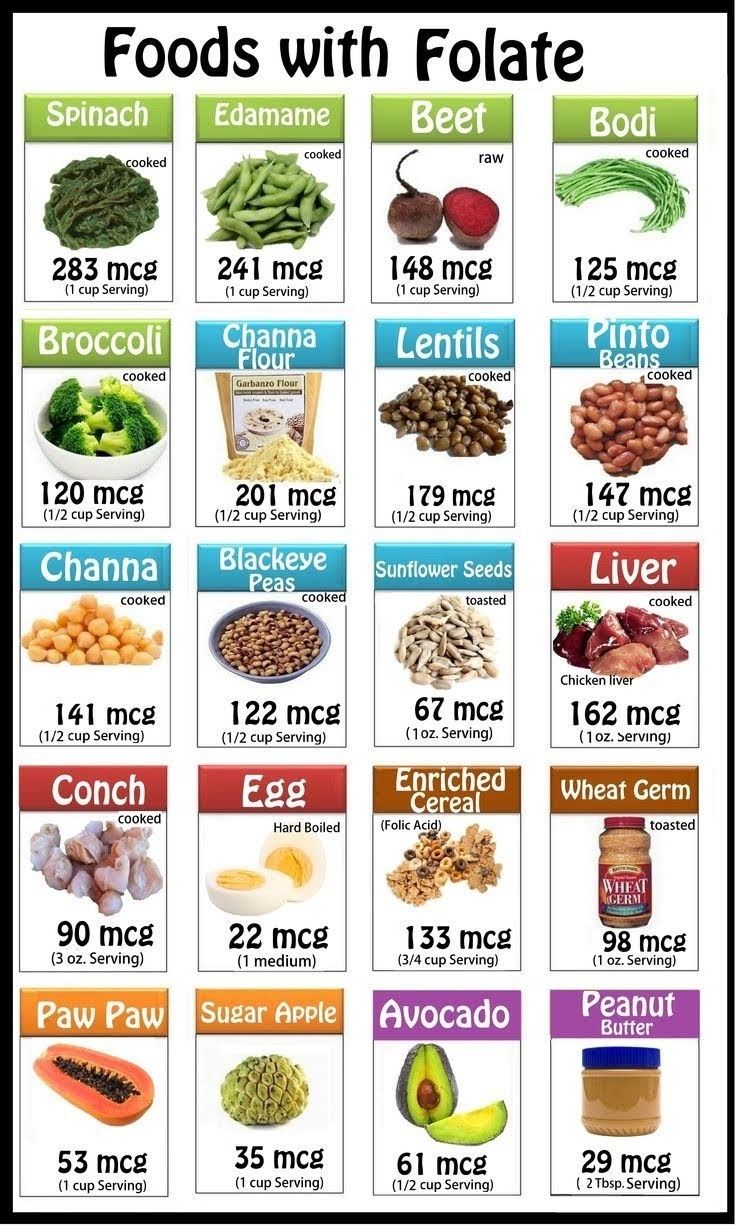Free NCLEX Questions can serve as a diagnostic tool, helping students gauge their progress and adapt their study plan accordingly.
NCLEX Anticancer Therapy Questions - NCLEX Questions on Anticancer Therapy
Anticancer Therapy NCLEX Practice Questions
Question 1.
A patient who is under a antineoplastic drug therapy has a weak and rapid pulse, skin rashes, and had reported frequent nausea and vomiting. He also has ninny nose and complaining of breathing difficulty.
The health care workers suspect anaphylaxis reaction could be the condition.
What could be the first step in order of nursing priority?
(a) Check whether the patient is breathing properly or not.
(b) Reduce the dose or infusion rate of the medicine being administered.
(c) Give epinephrine or adrenaline shot immediately.
(d) The head of the bed must be elevated by some degree. This promotes ventilation.
Strategy: This is a ‘Priority’ based question. For Setting priority, Remember ABC: Airway, Breathing and Circulation whenever you see some case of medical emergency.
Answer:
(a) Check whether the patient is breathing properly or not.
Explanation:
Check whether the patient is breathing properly or not. Anaphylaxis is a severe allergic reaction that needs to be treated right away. The first signs of an anaphylactic reaction may look like typical allergy symptoms: a runny nose or a skin rash but within 1 hour, Anaphylaxis causes the immune system to release a flood of chemicals that can cause blood pressure to drop suddenly and narrowing of the airways, blocking breathing.
The common signs and symptoms include a rapid, weak pulse; a skin rash; and nausea and vomiting. Some drugs such as anti-neoplastic agents may cause anaphylactic shock as in our case of the question.
If the medicine bring provided is causing the analphylactic shock, it should be stopped immediately so option 2 is wrong. The health care provided must be informed and if necessary oxygen should be given.
The health care worker may possible give epinephrine or adrenaline shot and this is often thought to be a life saver for patients in anaphylactic shock. The head of the bed must be elevated by some degree. This promotes ventilation. And at last all the vital signs should be monitored and recorded properly.
Question 2.
Mrs. Evani is a 65-year-old female who has been diagnosed with breast cancer. She has been prescribed a regimen of chemotherapy that includes the anti-neoplastic agent. Methotrexate. Which of the following is NOT a side effect of Methotrexate?
(a) Nausea
(b) Vomiting
(c) Low white blood cell counts
(d) Increased fertility
(e) Skin irritation
Answer:
(d) Increased fertility
Explanation:
Methotrexate is an anti-neoplastic agent that can cause a number of side effects, including nausea, vomiting, and low white blood cell counts. However, it does not increase fertility. In fact, one of the side effects of Methotrexate is the potential for irreversible infertility. This is because the medication can damage the reproductive system and cause permanent changes to the body's hormones. As a result, it is important for patients taking Methotrexate to be aware of this potential side effect and to consider preserving their eggs or sperm before beginning treatment.
Rationale:
The correct answer is D, Increased fertility. While Methotrexate can cause side effects such as nausea, vomiting, and low white blood cell counts, it does not increase fertility. In fact, one of the side effects of Methotrexate is the potential for irreversible infertility.

Question 3.
Mrs. Evani is a 65-year-old female with stage 3 breast cancer. She has undergone surgery and is now starting a course of chemotherapy with an anti-neoplastic drug. As a nurse, you are responsible for administering the medication and monitoring her progress.
Which of the following is NOT a nursing consideration when administering an anti-neoplastic drug to a patient?
(a) Calculating the correct dosage based on the patient's body surface area
(b) Monitoring the patient's blood cell count
(c) Administering antiemetics to prevent vomiting
(d) Administering live vaccines to the patient
Answer:
(d) Administering live vaccines to the patient
Rationale:
Option (d) is the correct answer. Options (a), (b), and (c) are all correct nursing considerations when administering an anti-neoplastic drug to a patient.
Explanation:
It is important for nurses to carefully consider a range of factors when administering an anti-neoplastic drug to a patient. This includes calculating the correct dosage based on the patient's body surface area, monitoring the patient's blood cell count to ensure that it does not drop too low, and administering antiemetics to prevent vomiting, which can affect drug absorption. However, it is not appropriate to administer live vaccines to a patient receiving an anti¬neoplastic drug because the patient's immune system may be compromised, making them more susceptible to infection.
Question 4.
Mrs. Evani is a 65-year-old woman who has recently been diagnosed with breast cancer. She has been prescribed a combination of surgery, radiation therapy, and anti-neoplastic medications for treatment. Mrs. Evani's healthcare team has prescribed her methotrexate as part of her treatment plan.
Mrs. Evani has a history of taking warfarin for her heart condition, and is currently taking aspirin daily as well. She is also experiencing some mild vomiting as a side effect of the methotrexate.
What is the most appropriate nursing intervention for Mrs. Evani?
(a) Administering leucovorin as an antidote to the methotrexate
(b) Recommending that Mrs. Evani continue taking warfarin and aspirin
(c) Encouraging Mrs. Evani to eat a high calorie, protein-rich diet to help with her vomiting
(d) Advising Mrs. Evani to avoid crowded places and take good care of her oral health
Answer:
(a) Administering leucovorin as an antidote to the methotrexate
Explanation:
Option (a) is the correct answer because it addresses the potential toxicity of the methotrexate and provides an appropriate intervention to counter this potential issue. Option (b) is incorrect because any agents that increase bleeding, such as warfarin and aspirin, during anti-neoplastic treatment.
Option (c) is incorrect because, while a high-calorie, protein-rich diet may be beneficial for patients experiencing vomiting, it does not address the potential toxicity of the methotrexate. Option (d) is incorrect because, while it is important for patients undergoing anti-neoplastic treatment to take precautions to avoid contaminated environments, it does not address the potential toxicity of the methotrexate.
Rationale:
Methotrexate can be toxic if given in higher doses, and leucovorin can be used as an antidote. Therefore, administering leucovorin would be the most appropriate nursing intervention in this situation.
Question 5.
Mrs. Evani is a 65 year old woman who has recently been diagnosed with breast cancer. She has been prescribed a chemotherapy regimen that includes alkylating agents, antitumor antibiotics, and mitotic inhibitors. As a nurse, what are some potential side effects that Mrs. Evani may experience from these medications and how can you manage them?
What are some potential side effects of alkylating agents?
(a) Alopecia
(b) Decreased white blood cell count
(c) Dysarrythmia
(d) Stomatitis
(e) All of the above
Answer:
(e) All of the above
Rationale:
Alkylating agents can cause alopecia, stomatitis, and some drugs of this class can cause ototoxicity and other hearing defects. Cisplatin, a platinum compound, can also cause a decrease in electrolytes in the body, including hypokalemia, hypomagnesimia, and hypocalcemia. Therefore, all of the options listed are potential side effects of alkylating agents.
Explanation:
Option (a) Alopecia is correct because alkylating agents can cause alopecia as a side effect. Option (b) Decreased white blood cell count is incorrect because alkylating agents can cause a decrease in white blood cell count. Option (c) Dysarrythmia is incorrect. Option (d) Stomatitis is correct because alkylating agents can cause stomatitis as a side effect. Option (e) All of the above is correct because all of the options listed are potential side effects of alkylating agents.
Read More:
